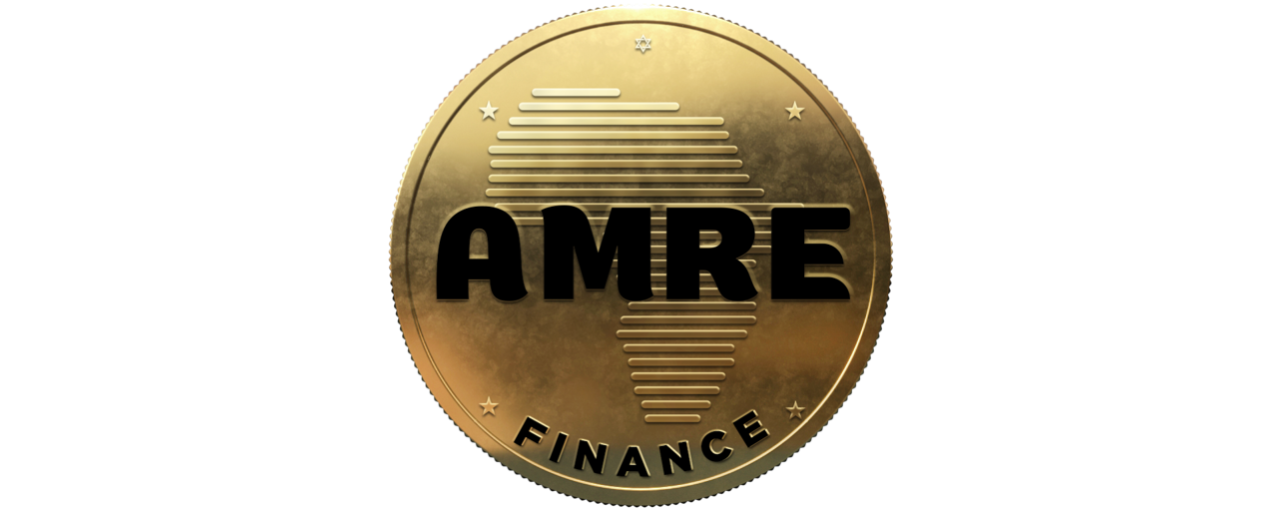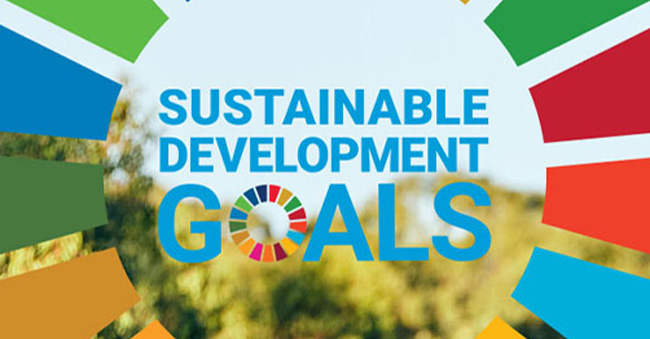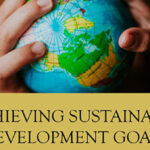The United Nations Sustainable Development Goal (SDG) 10 aims to reduce inequality within and among countries, a critical aspect of fostering global social equality and economic development. Addressing inequality not only enhances individual lives but also strengthens communities and nations by creating more inclusive and equitable societies.
SDG 10 targets various forms of inequality, including income disparities, social exclusion, and unequal access to resources and opportunities. It recognizes that reducing inequality requires comprehensive strategies involving economic policies, social protection measures, and inclusive governance. For a startup like AMRE Finance, which focuses on crowdfunding and impact funding, supporting SDG 10 aligns perfectly with its mission to foster positive social change.
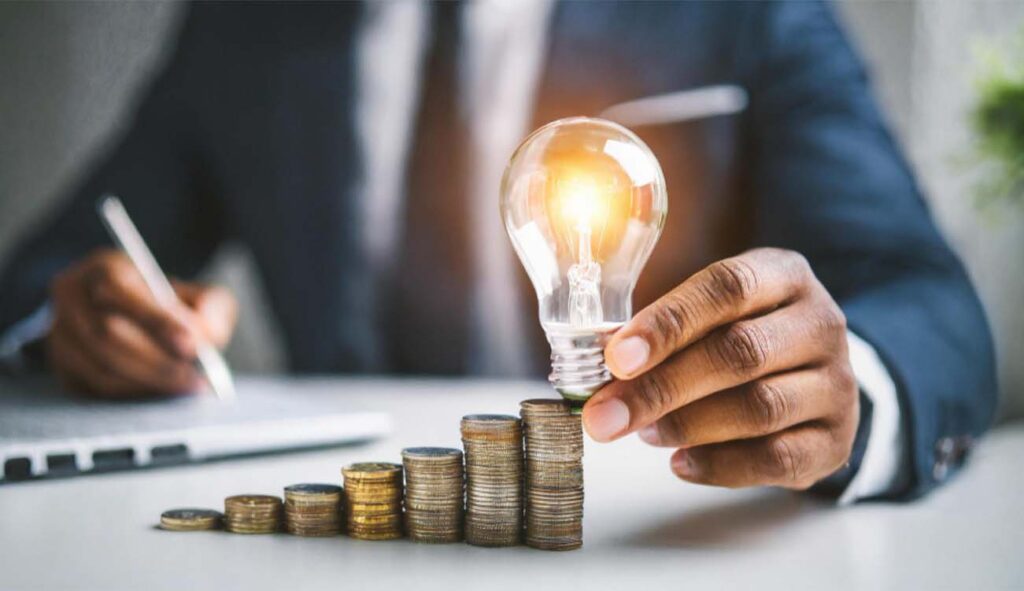
The Challenge of Inequality
Inequality remains a significant global challenge, with vast differences in wealth and opportunities among different regions and social groups. In Rwanda, for example, while the country has made remarkable progress in economic growth and poverty reduction, disparities persist. Rural areas often lag behind urban centers in terms of access to education, healthcare, and economic opportunities. This makes targeted initiatives to reduce inequality crucial for sustainable development.
AMRE Finance’s Role in Reducing Inequality
At AMRE Finance, we are committed to supporting projects that directly contribute to reducing inequality. By facilitating impact funding and crowdfunding, we enable community organizations and social enterprises in Rwanda to access the resources they need to implement inclusive and equitable initiatives. Our platform connects impact investors with high-impact projects, ensuring that funds are directed toward initiatives that promote social equality and economic empowerment.
The Economic Benefits of Reducing Inequality
Reducing inequality is not just a moral imperative; it also makes economic sense. According to the United Nations, greater equality can lead to more robust and sustainable economic growth. Inclusive policies that reduce inequality can enhance productivity, foster innovation, and create more resilient economies.
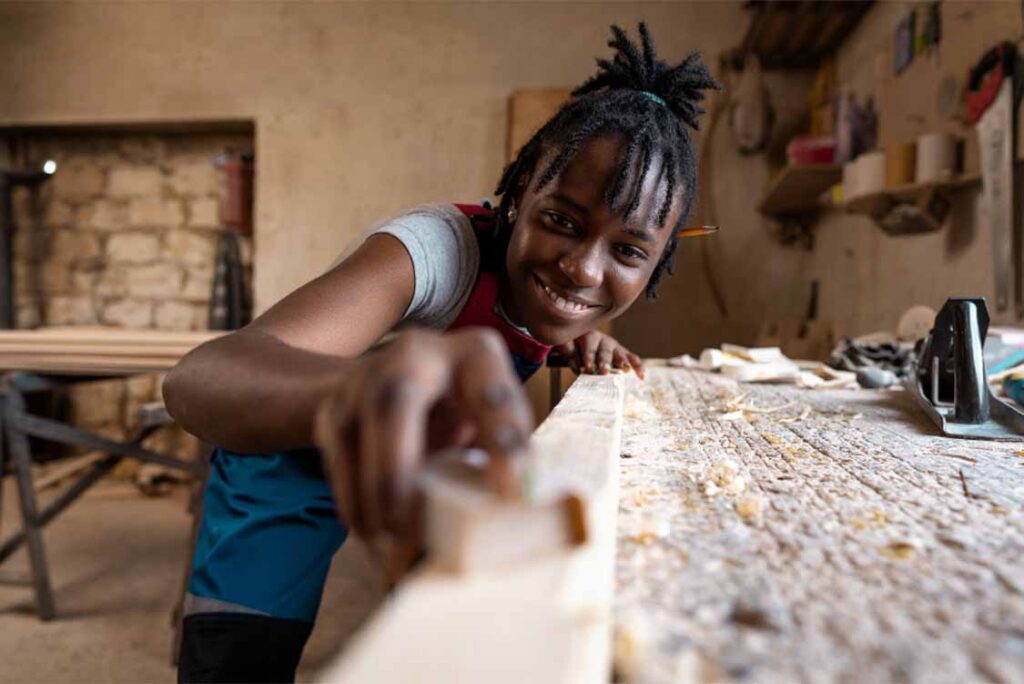
At AMRE Finance, we believe in the power of collective action to drive meaningful change. We invite organizations needing funding to register on our site and present their projects to a global audience of impact investors. Likewise, we encourage backers to register and support campaigns that align with their values and contribute to reducing inequality in Rwanda and beyond.
By working together, we can make significant strides toward achieving SDG 10 and building a more equitable and inclusive world. Visit AMRE Finance today to learn more and get involved.
Statistics to Highlight the Importance of SDG 10
- According to the World Bank, the global Gini index, which measures income inequality, was 38.2 in 2021, indicating significant income disparities worldwide.
- In Rwanda, the Gini coefficient stood at 0.43 in 2021, reflecting considerable inequality, particularly between urban and rural areas.
- The UN reports that reducing income inequality by 1% can lead to a 0.6% increase in GDP growth in developing countries, highlighting the economic benefits of equitable policies.
By addressing these inequalities through targeted funding and community-driven initiatives, we can contribute to a more just and prosperous world. Join us at AMRE Finance and be part of the change.
